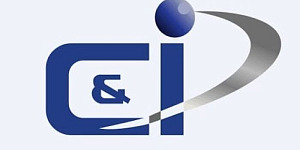The Federal Government of Nigeria has moved to strengthen the insurance sector: companies will have 12 months to significantly increase their minimum capital or risk losing their licenses.
The decision, announced by the National Insurance Commission (NAICOM) and embedded in the new Insurance Sector Reform Act signed in early August by President Bola Ahmed Tinubu, aims to bolster the financial resilience of insurers, improve claims settlement, and attract greater investment.
The new thresholds are as follows:
- From ₦3 billion to ₦15 billion for non-life insurers
- From ₦2 billion to ₦10 billion for life insurers
- From ₦10 billion to ₦35 billion for reinsurers
The move was immediately welcomed by investors: the insurance index on the Nigerian Exchange surged nearly 8% on the day of the announcement, while the broader market slipped slightly. Analysts say the recapitalization, combined with stricter enforcement of compulsory insurance, will enable insurers to take on greater risks and strengthen public trust.
To oversee implementation, NAICOM has set up an 11-member committee to ensure transparency and verify that new capital is raised legitimately. The reform is also expected to trigger a wave of mergers and acquisitions, as smaller players combine resources to meet the new benchmarks.
These requirements, unchanged since 2007, come alongside the introduction of a risk-based capital framework, allowing firms to align capital with their risk profiles while meeting the new minimum thresholds. They form part of President Tinubu’s broader economic agenda, which aims to grow Nigeria’s GDP from $243 billion to $1 trillion by 2030.











































